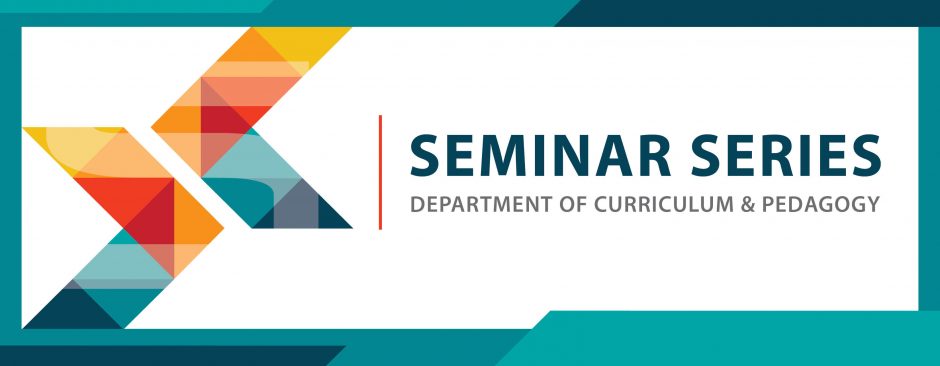
Karen Meyer, Cynthia Nicol, Samson Nashon, Mohamud Olow, Ali Hussein, Siyad Maalim, Abdihakin Muse, Abdikafar Ali, Ahmed Hussein, Hassan Hassan, Hassan Yarow, Mohamed Halane, Philip Karangu, Abdullahi Ismail, Ibrahim Abdi and Suleiman Aden
Friday, March March 24, 2017 | 12:30 – 2:00 pm | Scarfe 1214
View the Seminar Poster
Abstract
As a team, we developed and enacted an online course with 40 teachers in Dadaab refugee camps, who are also students in a teacher education program. The course focused on: the work of Paulo Freire, case studies of challenges in educational contexts in the world (due to war, poverty, and displacement), particular themes (resistance, intervention, freedom, peace and leadership), and ‘live’ dialogue circles using WhatsApp on mobile phones.
Through performance, stories, and our mobile phones, we will interpret the noisy-silent texting between snowy Vancouver, Canada at 3am and the afternoon in desert Dadaab, Kenya. We will engage the audience with challenges and inspirations, some unexpected.
“Hope is a natural force in the context of our ‘unfinishedness’. Freire argued that hopelessness is distortion… we are first beings of hope, but lose hope because of harsh situations and circumstance … and fall into a form of silence.” (Dadaab teacher)
Short Bio
We are a research team that studies living, learning and teaching in Dadaab refugee camps in Northeastern Kenya. Ten of us grew up in the Dadaab refugee camps, became teachers in secondary schools there, and currently are studying in or graduated from Canadian universities. Three of us who have taught secondary teachers within a teacher education diploma program in the camp are members of the Department of Curriculum and Pedagogy here at UBC. And, one of us is Kenyan whose graduate research at UBC explores education in the Dadaab Camps.